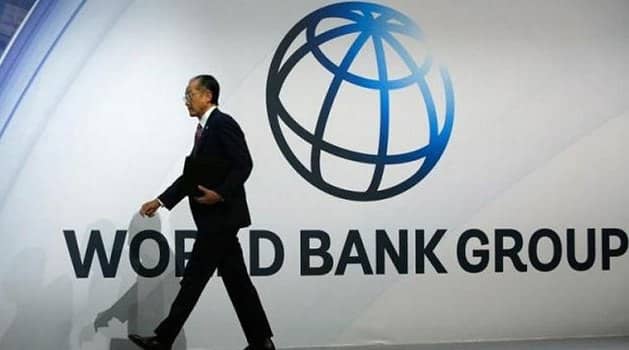News
India moves up in ease of doing business rankings by World Bank
The Indian business environment is improving as the country has jumped up 12 ranks to be placed at 130 in the latest ranking of countries in the ‘ease of doing business’ list compiled by World Bank. In the 2015 rankings, India was placed at 142. The Narendra Modi government’s attempts to improve ease of doing business in India seem to have generated good results.
Singapore leads the list ones again in terms of ease of doing business.
According to the report India is the South Asian economy has seen the largest increase in its score and seen the most amount of improvement. Doing business has now become much easier in India.
“In 2004 India cut time from the process for obtaining a permanent account number (an identification number for firms), and in 2006 it speeded up the process for obtaining a tax registration number. In 2010 India established an online system for value added tax registration and replaced the physical stamp previously required with an online version. And in the past year India eliminated the paid-in minimum capital requirement and streamlined the process for starting a business. More reforms are ongoing—in starting a business and other areas measured by Doing Business—though the full effects have yet to be felt”, said the report titled Doing Business 2016, Measuring Regulatory Quality and Efficiency.
The path to improving the business scene in India started when the government in 2014 launched an ambitious regulatory reform. The reform focused on creating an environment where it is easier to do business especially in the capital city Delhi and Mumbai. The government in May 2015, also made amendments to the Companies Act and eliminated the minimum capital requirement to start a business. Earlier, an India would have to deposit a minimum of Rs 1 lakh to start a business. These measures have helped India improve and continuing efforts to improve ease of doing business in India will improve the economy and help young entrepreneurs.
The World Bank ranks countries on 10 parameters – starting a business, dealing with construction permits, getting electricity, registering property, getting credit, protecting minority shareholders, paying taxes, enforcing contracts, trading across borders and resolving insolvency.








































